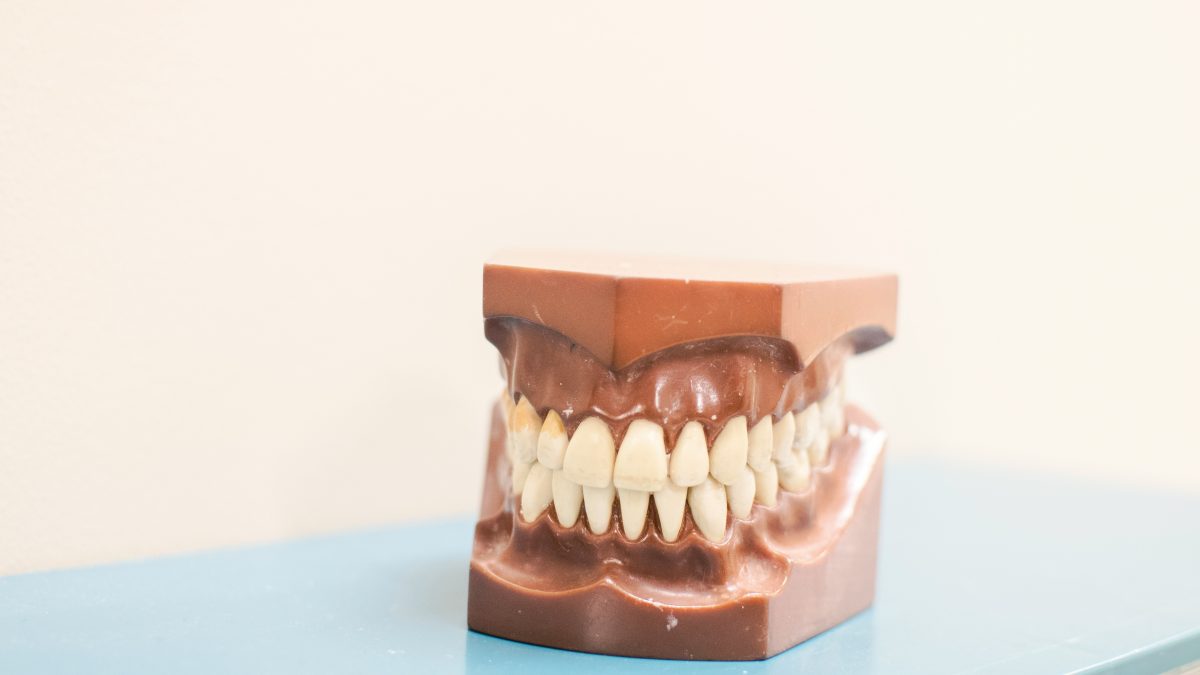- Hook: Do you often feel like your mouth is parched, sticky, or constantly thirsty, even after drinking water? You might be experiencing dry mouth.
- Acknowledge: More than just an annoyance, chronic dry mouth (xerostomia) can lead to serious oral health complications.
- State the post’s purpose: This comprehensive guide will explore the common causes and symptoms of dry mouth, explain its impact on your oral and general health, and provide effective strategies for relief and management.
Understanding Dry Mouth (Xerostomia): More Than Just Thirst
- What is Xerostomia?
- Definition: A condition where salivary glands don’t produce enough saliva to keep the mouth wet.
- The Importance of Saliva:
- Lubrication: Aids in speaking, chewing, and swallowing.
- Digestion: Contains enzymes that begin breaking down food.
- Protection: Washes away food particles and bacteria, neutralizes acids, contains minerals for remineralization, and has antimicrobial properties.
- Impact of Reduced Saliva: Increased risk of cavities, gum disease, oral infections, difficulty eating/speaking, bad breath.
Common Causes of Dry Mouth: Identifying the Root Problem
- Medications:
- Leading Cause: Over 500 medications can cause dry mouth as a side effect.
- Common culprits: Antihistamines, decongestants, antidepressants, anti-anxiety medications, pain relievers, blood pressure medications, muscle relaxants.
- How they work: Affect salivary gland function.
- Medical Conditions and Diseases:
- Autoimmune Diseases: Sjögren’s Syndrome (primary cause), Lupus, Rheumatoid Arthritis.
- Diabetes: High blood sugar levels can lead to dehydration.
- Alzheimer’s Disease, Parkinson’s Disease, Stroke: Can affect nerve function to salivary glands.
- HIV/AIDS.
- Medical Treatments:
- Radiation Therapy: Especially to the head and neck, can permanently damage salivary glands.
- Chemotherapy: Can temporarily reduce saliva production.
- Lifestyle Factors:
- Dehydration: Insufficient fluid intake.
- Smoking/Tobacco Use: Irritates salivary glands.
- Alcohol Consumption: Diuretic effect, dries out the mouth.
- Caffeine: Diuretic effect.
- Mouth Breathing: Especially during sleep.
- Aging:
- While not a direct cause, older adults often take more medications and have more chronic health conditions contributing to dry mouth.
- Nerve Damage: Injury to nerves that control salivary glands.
Recognizing the Symptoms: Is Your Mouth Trying to Tell You Something?
- Feeling of dryness or stickiness in the mouth.
- Frequent thirst.
- Sore throat or hoarseness.
- Difficulty speaking, chewing, or swallowing.
- Cracked lips or corners of the mouth.
- Burning sensation in the mouth.
- Rough, dry tongue.
- Changes in taste.
- Bad breath (halitosis).
- Increased incidence of cavities or gum disease.
- Trouble wearing dentures.
Effective Relief Strategies and Management
- Stimulating Saliva Production:
- Sugar-Free Gum or Candies (with Xylitol): Explain how xylitol also helps prevent cavities.
- Saliva Substitutes/Artificial Saliva: Sprays, gels, lozenges.
- Prescription Medications (Sialogogues): Pilocarpine, Cevimeline (for severe cases, especially related to Sjögren’s or radiation).
- Lifestyle Modifications:
- Stay Hydrated: Sip water regularly throughout the day.
- Avoid Dehydrating Agents: Reduce caffeine, alcohol, and tobacco use.
- Breathe Through Your Nose: Address sleep apnea or nasal congestion if applicable.
- Humidifier: Especially at night in your bedroom.
- Optimized Oral Hygiene:
- Use Fluoride Toothpaste: High-fluoride options might be recommended.
- Fluoride Rinses/Gels: For extra cavity protection.
- Gentle Brushing and Flossing: To avoid irritating sensitive tissues.
- Regular Dental Check-ups: More frequent visits might be needed for professional cleanings and fluoride treatments.
- Dietary Adjustments:
- Avoid Dry, Salty, or Spicy Foods: Can exacerbate symptoms.
- Opt for Moist Foods: Soups, stews, fruits with high water content.
- Limit Sugary and Acidic Foods/Drinks: Increased cavity risk.
- Consult Your Doctor/Dentist:
- To identify underlying causes (medication review, diagnosis of medical conditions).
- For personalized recommendations and prescription options.
Conclusion:
- Summarize: Dry mouth is a common but manageable condition that demands attention due to its impact on oral and overall health.
- Reiterate: Understanding its causes and implementing effective relief strategies are key to improving comfort and preventing serious dental issues.
- Empower: Don’t suffer in silence—seek professional help to find relief and protect your smile.
Call to Action: Are you experiencing symptoms of dry mouth? Schedule a consultation with our dental team to discuss your concerns and explore personalized solutions.
Related posts
Meet the Author
Welcome to OdontoBlog, your essential source for current dental news and tips. Our goal is to simplify oral health, offering accurate and accessible information.
Popular Posts
Subscribe Now
* You will receive the latest news and updates on your favorite celebrities!


